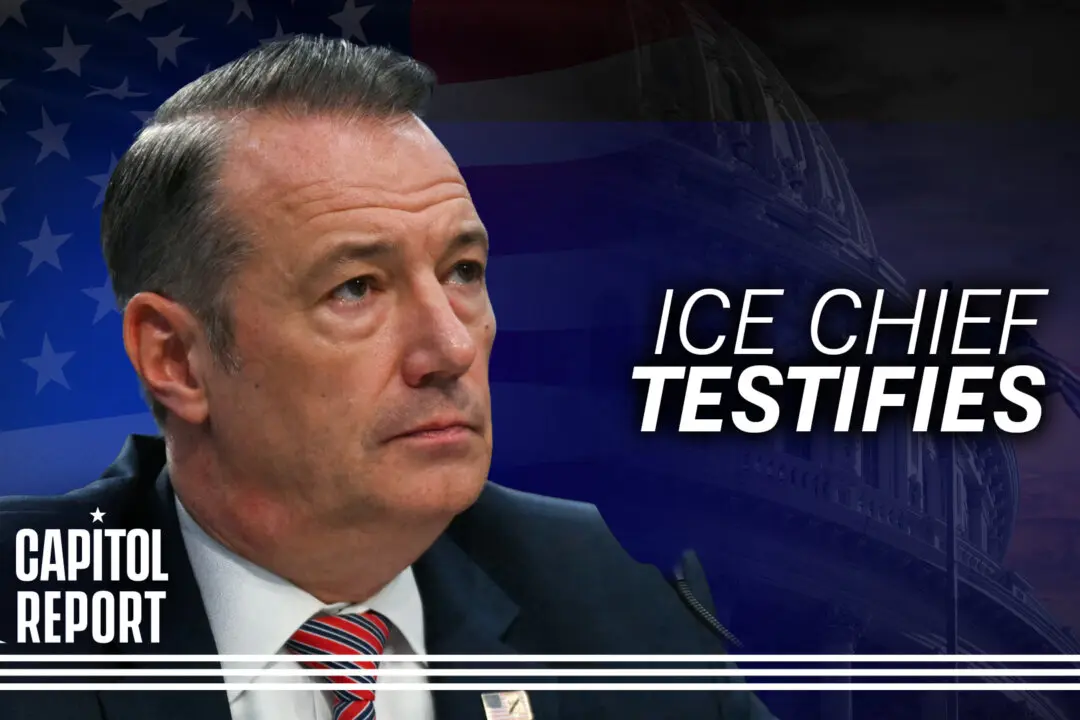California is seeing a substantial exodus of residents to places like Idaho, Florida, and Texas. Craig Huey, president of The Huey Report, said that California government policies are crushing small businesses and that the new minimum wage increase will only make things worse.
“It was the land of opportunity and a land of sparking new innovations and new businesses, and today it’s just the opposite,” Huey said during an interview with NTD’s Capitol Report on Sept. 7.






